Spotlight on: FOTENIX, James Hibbert. PART 3
EEE in the real world Student experience 2nd March 2022
James Hibbert is a University of Manchester alumni and a current FOTENIX team member. He is currently an Electronics Engineer and for the third part of this spotlight series, he’s taken the time to tell us more about his academic and professional journey.
Electronics Engineer
James Hibbert BEng (Hons) PhD
- Electronics Engineer FOTENIX (2020 – Present)
- Analogue Design Engineer Semtech (2019 – 2020)
- Electronics Engineering (PhD) The University of Manchester (2015 – 2019)
- Hardware Applications Engineer Broadcom (2014 – 2015)
- Electronic Systems Engineering (BEng) The University of Manchester (2011 – 2014)
We put ten questions to James, and here is his response:
1. Which degree programme/s did you study at Manchester, and at what level/s?
BEng Electronic Engineering WIE, then PhD Electronic Engineering
2. What is your current job title, and what does your job involve?
Electronics Engineer – Design and commissioning of custom electronics, sundry software aspects, and occasional mechanical fettling.
3. What is the impact of your work?
Facilitates the acquisition of the sound data required for FOTENIX’s crop diagnostic services to function.
4. Did your studies at UoM prepare you for this career path? Is it directly related to your degree at Manchester and specialised?
Although my work at FOTENIX is distantly related to my PhD, the general analytic and problem-solving skills are generally helpful, as is some of the embedded system’s material covered at the undergraduate level.
5. Did you participate in any additional activities at UoM that may have helped you secure your job and gain more holistic life skills?
The summer placements offered by the University were invaluable in securing my current job, including working on some of FOTENIX’s earliest prototypes before the company spun out.
6. What do you remember most fondly from your studies at Manchester?
I’ll always have fond memories of the atmosphere of Sackville Street Building, North Campus, in particular walking down the Grand Staircase of a winter evening with a piano playing somewhere in the darkened floors below. Being described as ‘having the cynicism of a much more experienced engineer’ was also pleasant vindication that the previous seven years of study hadn’t been entirely in vain.
7. How did you go about job hunting/creating? At what point did you start doing this? How did you come to be a team member at FOTENIX?
I obtained the introductions that led to my first job, IC designer and de facto radio-frequency measurement person, via my supervisor, which was helpful as I hadn’t thought about what to do post-PhD! I came to FOTENIX having worked for Charles [the founder] in the past, despite which he was keen to recruit me to the company when he spans it out, and during a period of enforced WFH (and no probing), I decided to take him up on the offer.
8. What do you love about your role and the journey that got you there?
It’s nice to work in a tight-knit team, where we can generally all contribute something to the discussion and put together a strategy for attacking a problem with a good whiteboard session.
9. How have you found working life compared to student life? How have you had to adapt?
Pretty similar to PhD although with less scope for going on lengthy literature trawls.
10. Any advice or top tips for students looking for work experience/job opportunities?
‘It’s not what you know, but who you know’ – so take advantage of networking opportunities that arise and try not to burn too many bridges! Also, whatever the hypesters say, electronics is still fundamentally an analogue world, and the pool of analogue designers doesn’t seem to be getting any bigger.
agriculturealumnicareerElectrical and Electronic Engineeringelectronics engineerFOTENIXStudent experience


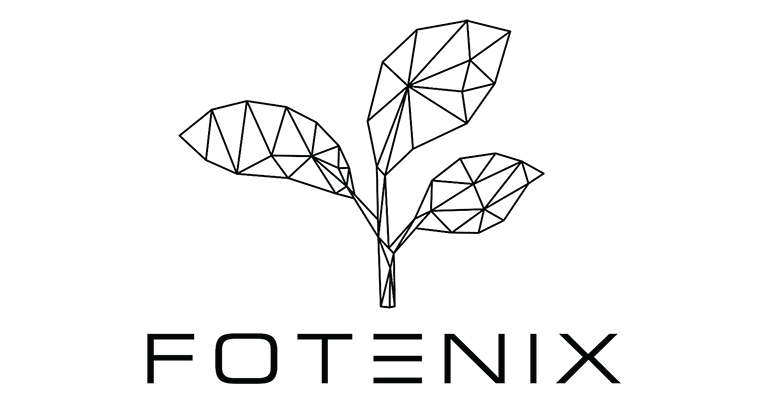
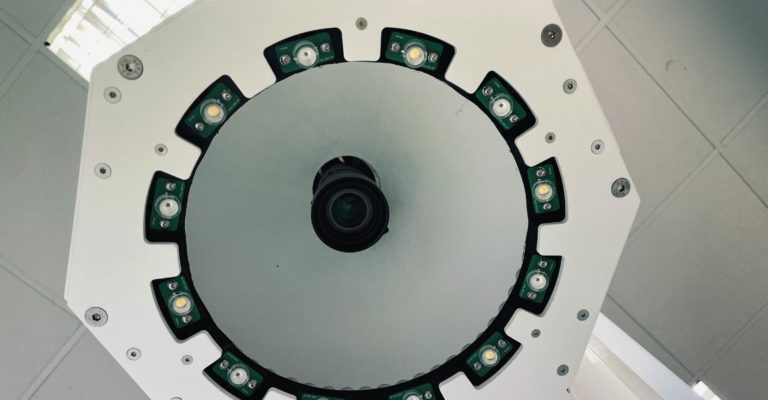
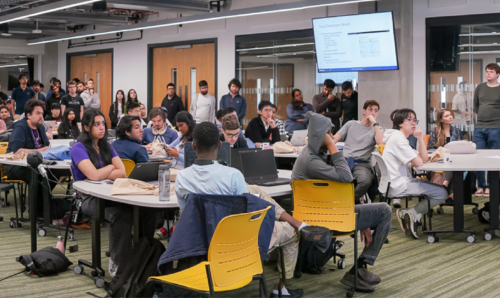
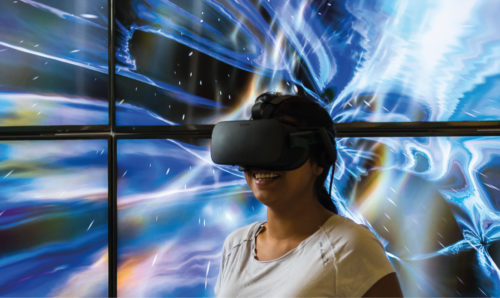
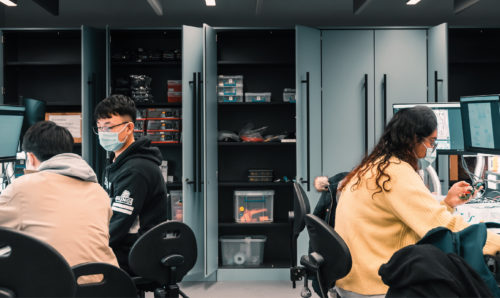
Leave a Reply